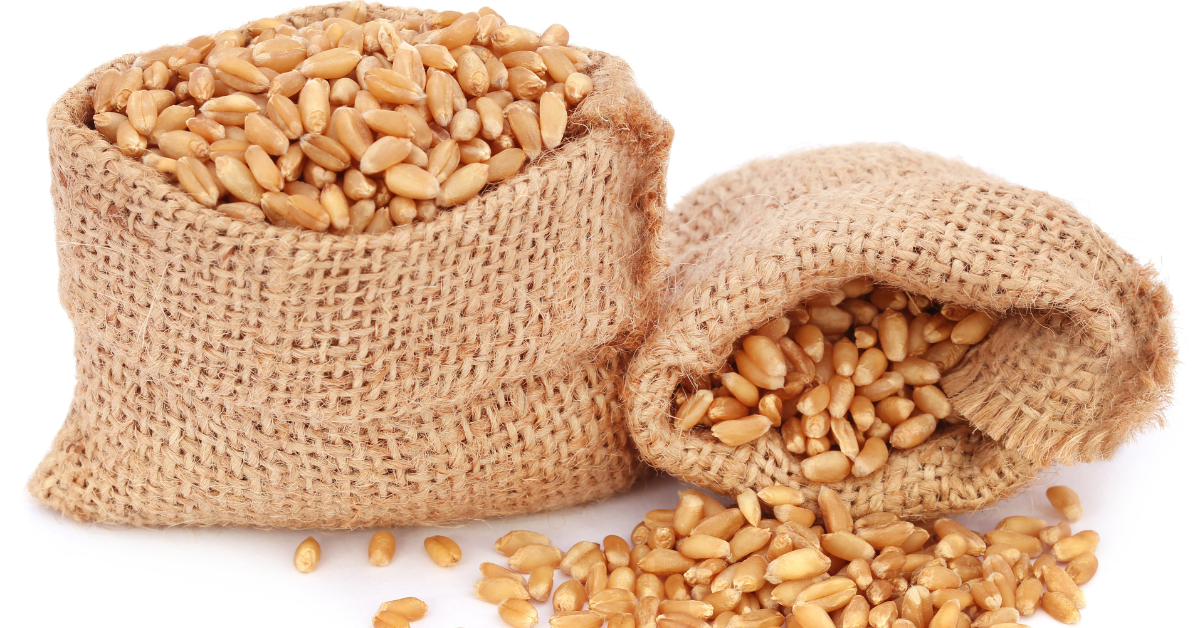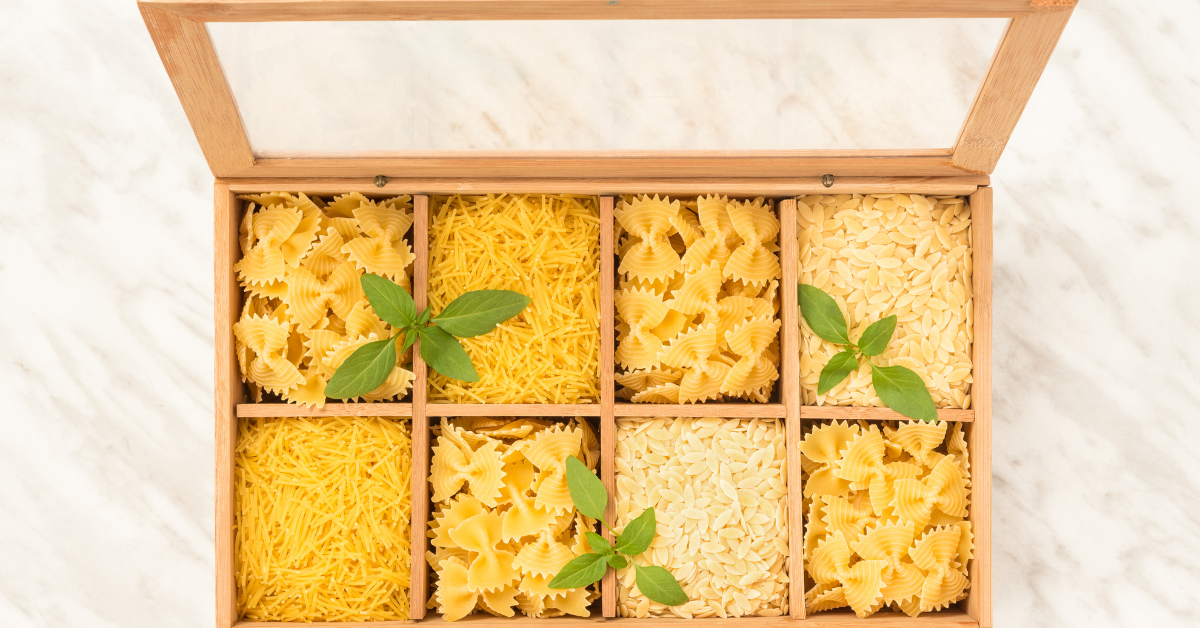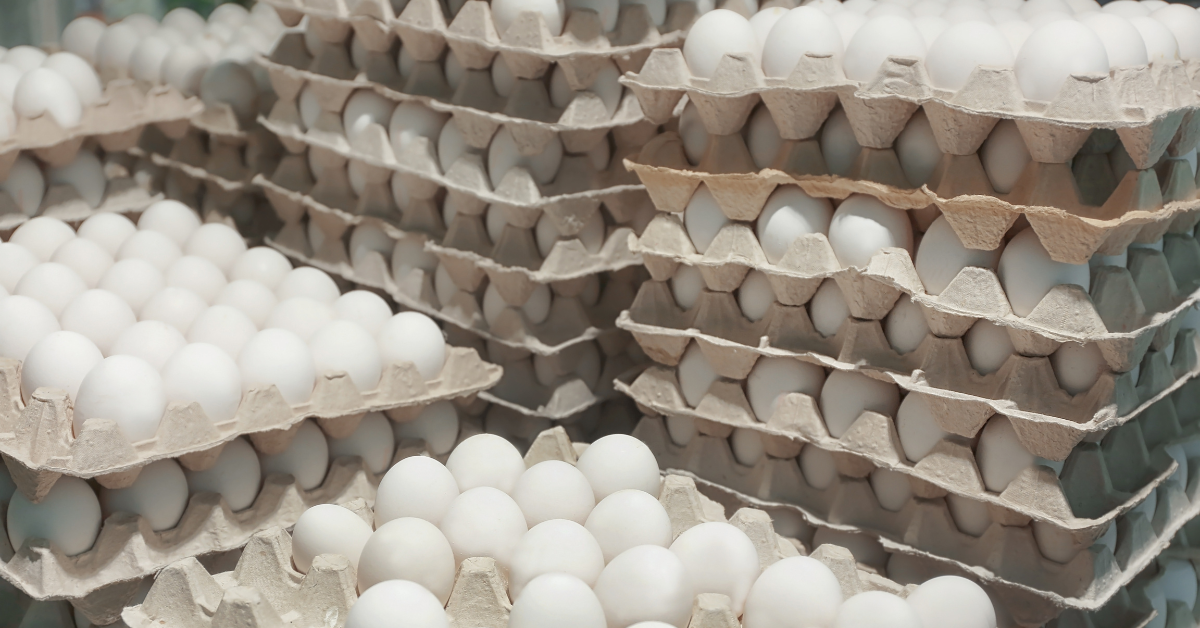If you are like us, you enjoy the occasional hypothetical survival situation to keep you on your toes and thinking. Well, have you ever considered what food you can live off of?
If you had to be in a survival situation, could you survive off one food? If so, what would it be? If you had multiple choices for emergency survival food, what food could you live off of?
Read on to hear our thoughts about surviving off only one food and why you’ll be better off preparing now to avoid that situation later.
Is There One Food You Can Survive On?

This question became popularized in 2016 when an Australian native named Andrew Taylor started his “Spud Fit Challenge.” Inspired to reassess his addictive relationship with food, Taylor challenged himself only to eat potatoes for an entire year.
Throughout the challenge, Taylor ate various potatoes for breakfast, lunch, and dinner. At times, Taylor added spices, herbs, or sauces to combat the monotony. Along the way, he took four blood tests which reported “normal results.”
In the end, Taylor survived. He lost over 100 pounds and reported feeling more energetic and healthier. Nowadays, Taylor continues to eat potatoes. However, he includes other essential foods like legumes, greens, grains, fruits, and vegetables to create a balanced diet.
The lesson we learned from this story is that you can survive off only one food—and potatoes would be a good choice if you could choose.
But would you suffer? Would your body lack the critical nutrition it gets from other foods?
The answer to both these questions is a resounding “yes.” Surviving off one food is not recommended, but it is possible.
Instead, you’ll have much better chances of survival (and enjoy yourself a bit more) if you attempt to eat a more varied survival diet.
What Are the Best Survival Foods You Can Live Off?
If you find yourself in a survival situation, your diet will inevitably be limited. Instead of the normal food selection you’re used to, you will be forced to rely on a few ingredients. Unfortunately, chances are, you won’t get to choose.
Nonetheless, for this hypothetical, there are five foods we’ll recommend for depending on; but before we list them out, we want to remind you of the ideal characteristics of survival food.
-
Nutrient-dense. With survival food, you need bang for your buck—the more nutrition per calorie, the better.
-
Economical and readily available. Survival foods need to be cheap to buy (or trade) and be found everywhere.
-
Reliable shelf-life. Survival foods should be low-maintenance and have a long shelf-life.
Potatoes
If we learned anything from Andrew Taylor, it’s that potatoes can be essential for survival. They are a good source of fiber, iron, and potassium. In addition, they are low in fat and calorically rich.
Raw potatoes have a fairly long shelf-life; plus, potatoes are quite versatile—you can boil them, bake them, or fry them.
Kale

All greens are healthy, and you’ll be better off eating greens than you would be by abstaining from them. However, kale, in any of its forms, is the reigning green king (or queen).
Kale is particularly rich in minerals, vitamins, and fiber. There is even some protein in kale. You can put it in soups or stews or eat it raw. However, it should be noted that kale is very low in calories.
Trail Mix
Trail mix is a useful survival food because it combines many nutritious ingredients. Dried fruits are terrific sources of calcium, iron, zinc, magnesium, and potassium. Nuts are rich in fiber, low in saturated fats, and high in protein. Even better, trail mix is super lightweight, easily transported, and hardly ever spoils.
Grains
Barley and other grains, like wheat, rice, quinoa, and oats, are vital sources of fiber. They also have essential vitamins like B vitamins and minerals, such as manganese and selenium.
Even better, they are cheap, abundant, and super versatile.
Beans
Beans are highly nutritious. They are particularly helpful for obtaining protein when your other animal protein sources run out.
Besides protein, beans are excellent sources of folate, potassium, iron, magnesium, antioxidants, and B vitamins.
It’s true that preparing and cooking beans take a while, but the wait is well worth it.
Expanding Your Survival Foods
Instead of focusing on what food you would select to survive, you’ll be much better off preparing a cache of various freeze-dried and dehydrated emergency foods that will keep you fed and provide your body with the proper nutrition.
Freeze-dried and dehydrated foods are super nutritious, convenient to cook, and have the longest shelf-life of all survival foods. So when preparing for a survival situation, freeze-dried and dehydrated foods are a no-brainer.
Final Thoughts on What Foods You Can Live Off Of
Attempting to survive off of one type of food is not recommended; however, we understand that if SHTF and things get dire, you’ll do what you must to continue surviving.
It’s good to know what limited foods you can eat to survive. But that doesn’t mean you shouldn't prep in other ways. For example, building a cache of freeze-dried and dehydrated foods is a much better way to survive than eating nothing but potatoes.
We hope you found this article helpful. Visit our website to learn more about how much emergency food you should have to survive and about the best places to live off the grid.
[product_render product-handle="14-day-survival-food-kit"]
Frequently Asked Questions About Foods You Can Live Off Of
What 5 Foods Can You Survive On?
A balanced diet of survival food will ensure that your body is getting all the protein, carbs, minerals, and vitamins it requires to remain healthy. If you could only select five foods to survive on, potatoes, kale, trail mix, grains, and beans would get you pretty far.
What Food Can You Live On Alone?
It’s not recommended to try and survive off one food. Despite the fact that surviving off potatoes may be possible, you will inevitably deal with nutrient deficiencies. Instead, it’s recommended to have a balanced selection of survival food. If you are desperate and currently healthy, though, you can survive for a while on any food that provides some calories—but that doesn’t mean you’ll be functioning at your best.
What Meats Are Best for Long-Term Storage?
Freeze-dried and dehydrated meat is best for long-term storage. It is nutrient-dense, lightweight, easy to prepare, and has an extremely long shelf-life.
What Is the Most Complete Food?
It is argued that the single, most complete food a human needs to survive is human breast milk. Other foods may be nutritious but inevitably lack certain vitamins, minerals, etc.




